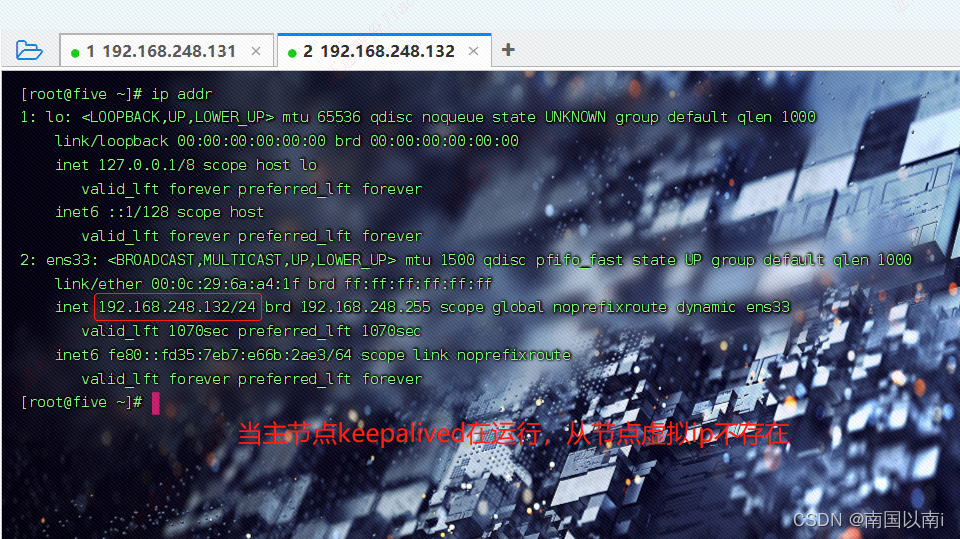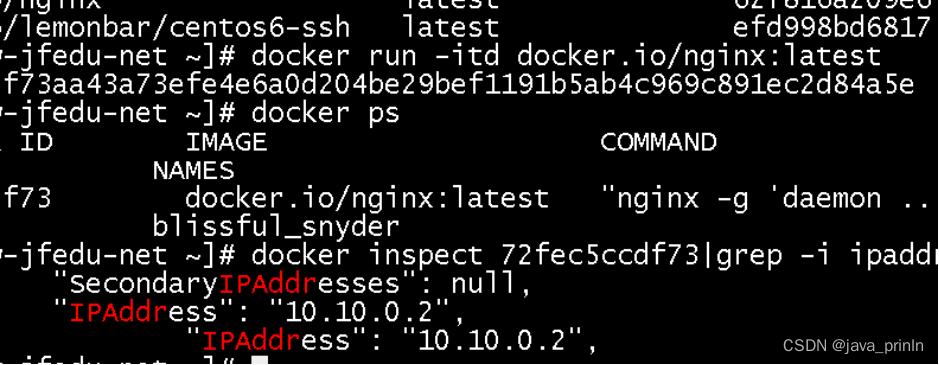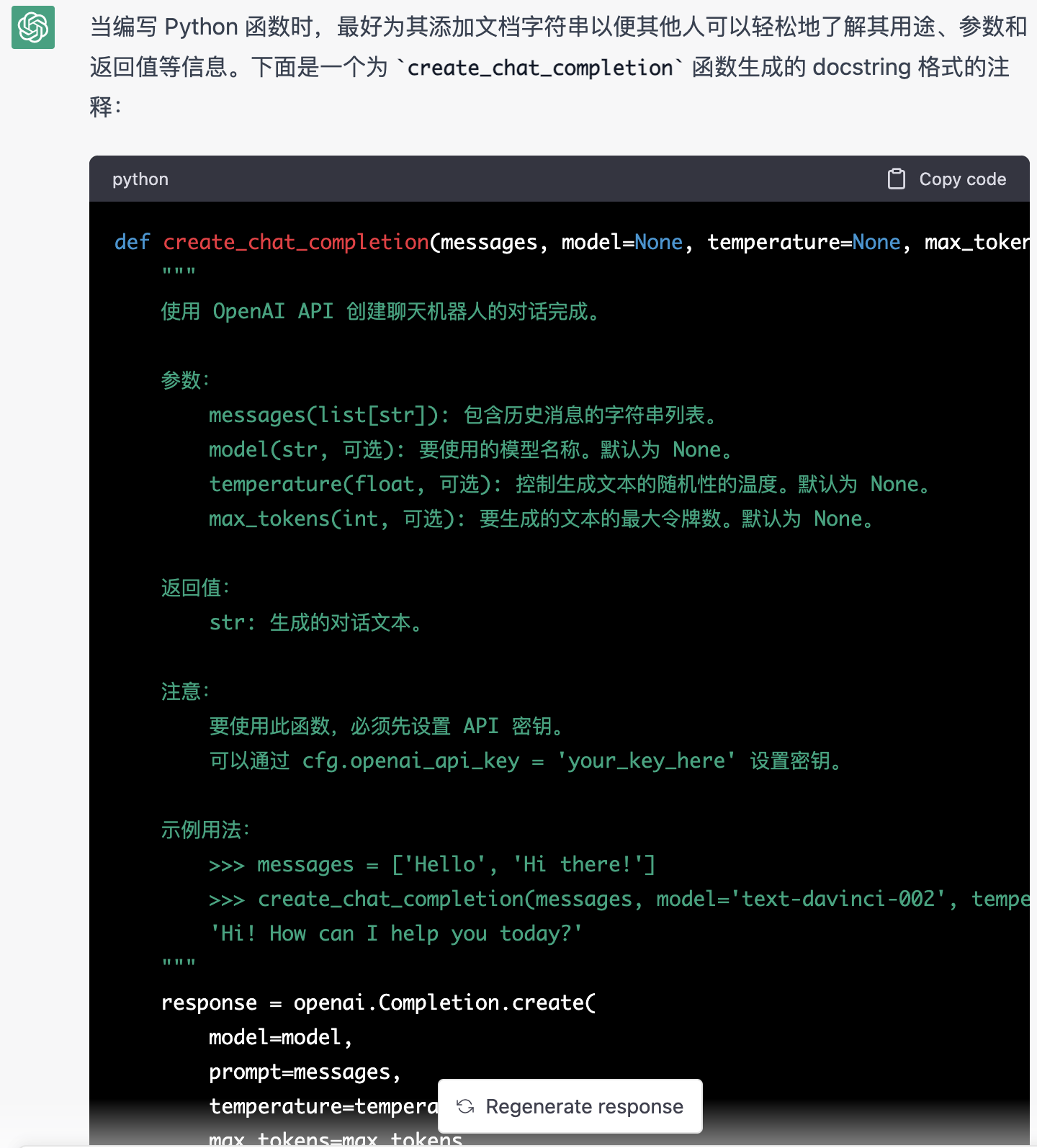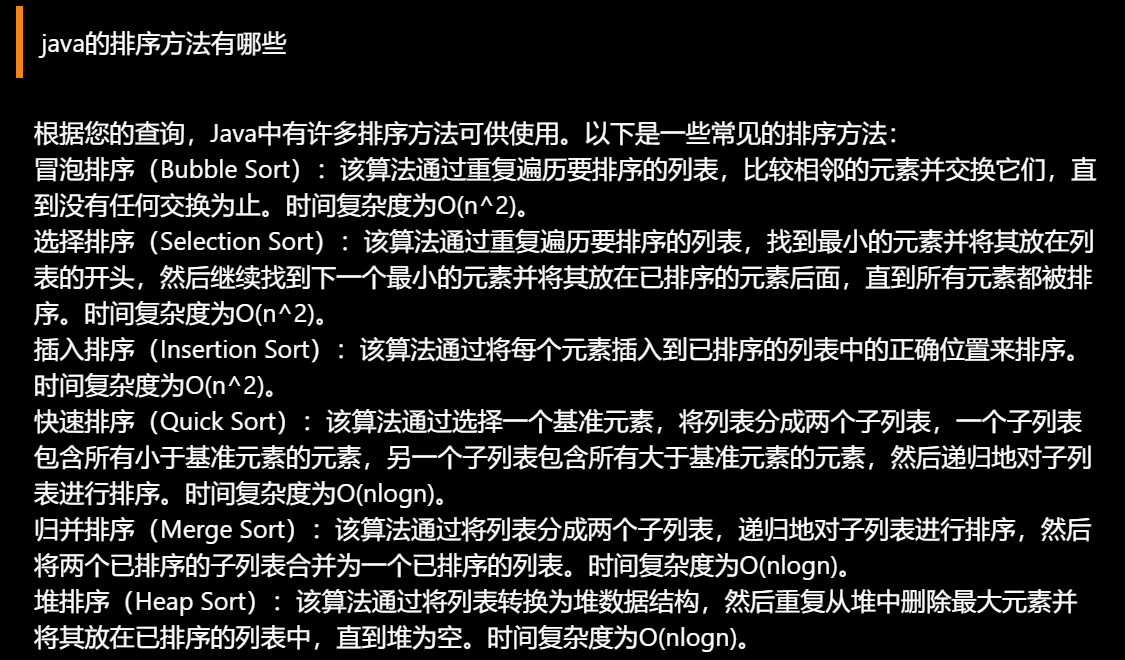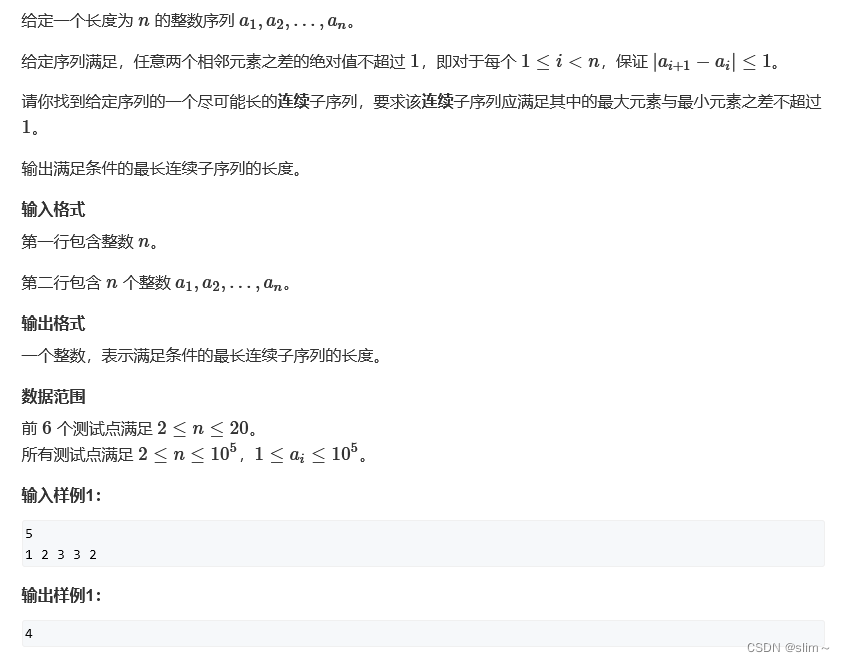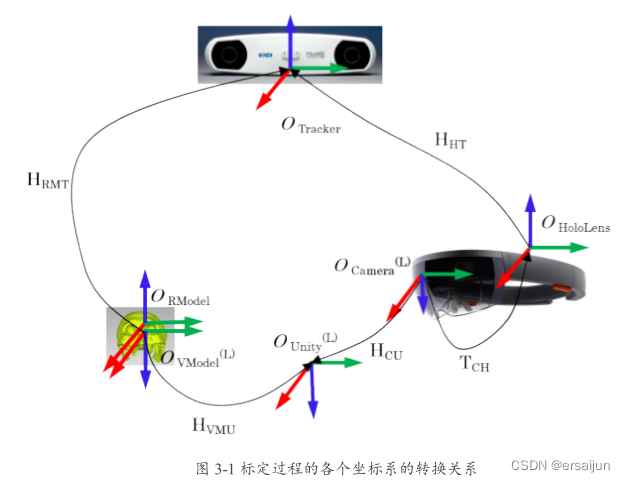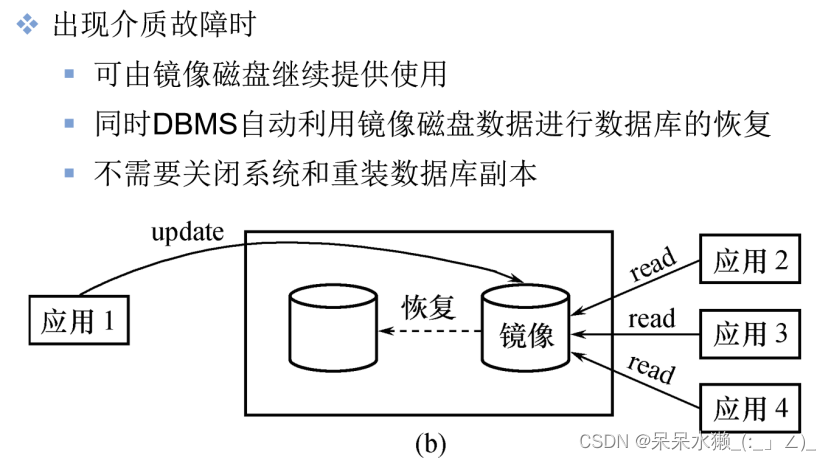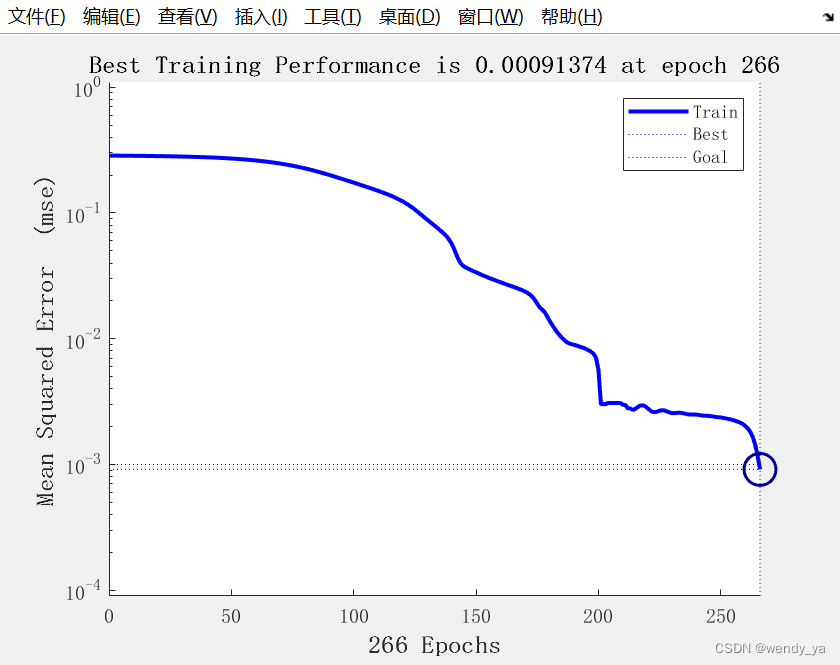定义于头文件 <array>
| template< class T, | (C++11 起) |
std::array 是封装固定大小数组的容器。
此容器是一个聚合类型,其语义等同于保有一个 C 风格数组 T[N] 作为其唯一非静态数据成员的结构体。不同于 C 风格数组,它不会自动退化成 T* 。它能作为聚合类型聚合初始化,只要有至多 N 个能转换成 T 的初始化器: std::array<int, 3> a = {1,2,3}; 。
该结构体结合了 C 风格数组的性能、可访问性与容器的优点,比如可获取大小、支持赋值、随机访问迭代器等。
std::array 满足容器 (Container) 和可逆容器 (ReversibleContainer) 的要求,除了默认构造的 array 是非空的,以及进行交换的复杂度是线性,它满足连续容器 (ContiguousContainer) (C++17 起)的要求并部分满足序列容器 (SequenceContainer) 的要求。
当其长度为零时 array ( N == 0 )有特殊情况。此时, array.begin() == array.end() ,并拥有某个唯一值。在零长 array 上调用 front() 或 back() 是未定义的。
亦可将 array 当做拥有 N 个同类型元素的元组。
迭代器非法化
按照规则,指向 array 的迭代器在 array 的生存期间决不非法化。然而要注意,在 swap 时,迭代器将继续指向同一 array 的元素,并将改变元素的值。
容量
检查容器是否为空
std::array<T,N>::empty| constexpr bool empty() const noexcept; | (C++11 起) (C++20 前) | |
| [[nodiscard]] constexpr bool empty() const noexcept; | (C++20 起) |
检查容器是否无元素,即是否 begin() == end() 。
参数
(无)
返回值
若容器为空则为 true ,否则为 false
复杂度
常数。
返回容纳的元素数
std::array<T,N>::size| size_type size() const noexcept; | (C++11 起) |
返回容器中的元素数,即 std::distance(begin(), end()) 。
参数
(无)
返回值
容器中的元素数量。
复杂度
常数。
返回可容纳的最大元素数
std::array<T,N>::max_size| constexpr size_type max_size() noexcept; | (C++11 起) (C++14 前) | |
| constexpr size_type max_size() const noexcept; | (C++14 起) |
返回根据系统或库实现限制的容器可保有的元素最大数量,即对于最大容器的 std::distance(begin(), end()) 。
参数
(无)
返回值
元素数量的最大值。
复杂度
常数。
注意
因为每个 std::array<T, N> 都是固定大小容器,故 max_size 返回的值等于 N (亦为 size 所返回的值)
操作
以指定值填充容器
std::array<T,N>::fill| void fill( const T& value ); | (C++11 起) (C++20 前) | |
| constexpr void fill( const T& value ); | (C++20 起) |
赋给定值 value 给容器中的所有元素。
参数
| value | - | 要赋给元素的值 |
返回值
(无)
复杂度
与容器大小成线性。
交换内容
std::array<T,N>::swap| void swap( array& other ) noexcept(/* see below */); | (C++11 起) (C++20 前) | |
| constexpr void swap( array& other ) noexcept(/* see below */); | (C++20 起) |
将容器内容与 other 的内容交换。不导致迭代器和引用关联到别的容器。
参数
| other | - | 要与之交换内容的 array |
返回值
(无)
异常
| noexcept 规定: noexcept(noexcept(swap(std::declval<T&>(), std::declval<T&>()))) 在以上表达式中,按照同 C++17 std::is_nothrow_swappable 特性所用的行为查找标识符 | (C++17 前) |
| noexcept 规定: noexcept(std::is_nothrow_swappable_v<T>) | (C++17 起) |
对于零长 array ,noexcept 规定: noexcept
复杂度
与容器大小成线性。
调用示例
#include <iostream>
#include <string>
#include <iterator>
#include <algorithm>
#include <functional>
#include <time.h>
#include <array>
using namespace std;
struct Cell
{
int x;
int y;
Cell() = default;
Cell(int a, int b): x(a), y(b) {}
Cell &operator +=(const Cell &cell)
{
x += cell.x;
y += cell.y;
return *this;
}
Cell &operator +(const Cell &cell)
{
x += cell.x;
y += cell.y;
return *this;
}
Cell &operator *(const Cell &cell)
{
x *= cell.x;
y *= cell.y;
return *this;
}
Cell &operator ++()
{
x += 1;
y += 1;
return *this;
}
bool operator <(const Cell &cell) const
{
if (x == cell.x)
{
return y < cell.y;
}
else
{
return x < cell.x;
}
}
bool operator >(const Cell &cell) const
{
if (x == cell.x)
{
return y > cell.y;
}
else
{
return x > cell.x;
}
}
bool operator ==(const Cell &cell) const
{
return x == cell.x && y == cell.y;
}
};
std::ostream &operator<<(std::ostream &os, const Cell &cell)
{
os << "{" << cell.x << "," << cell.y << "}";
return os;
}
using namespace std;
int main()
{
std::cout << std::boolalpha;
std::mt19937 g{std::random_device{}()};
srand((unsigned)time(NULL));
auto generate = []()
{
int n = std::rand() % 10 + 110;
Cell cell{n, n};
return cell;
};
//遵循聚合初始化的规则初始化 array (注意默认初始化可以导致非类的 T 的不确定值)
std::array<Cell, 6> array1;
std::cout << "array1: ";
std::copy(array1.begin(), array1.end(), std::ostream_iterator<Cell>(std::cout, " "));
std::cout << std::endl;
std::generate(array1.begin(), array1.end(), generate);
std::cout << "array1: ";
std::copy(array1.begin(), array1.end(), std::ostream_iterator<Cell>(std::cout, " "));
std::cout << std::endl;
std::cout << std::endl;
//检查容器是否无元素,即是否 begin() == end() 。
std::cout << "array1 empty: " << array1.empty() << std::endl;
std::array<Cell, 0> array2;
std::cout << "array2 empty: " << array2.empty() << std::endl;
std::cout << std::endl;
//返回容器中的元素数,即 std::distance(begin(), end()) 。
std::cout << "array1 contains " << array1.size() << " elements." << std::endl;
std::cout << "array2 contains " << array2.size() << " elements." << std::endl;
std::cout << std::endl;
//返回根据系统或库实现限制的容器可保有的元素最大数量,即对于最大容器的 std::distance(begin(), end()) 。
std::cout << std::endl;
std::cout << "array1 max_size " << array1.max_size() << std::endl;
std::cout << "array2 max_size " << array2.max_size() << std::endl;
std::cout << std::endl;
//赋给定值 value 给容器中的所有元素。
Cell cell = generate();
array1.fill(cell);
std::cout << "array1.fill( " << cell << " )" << std::endl;
std::cout << "array1: ";
std::copy(array1.begin(), array1.end(), std::ostream_iterator<Cell>(std::cout, " "));
std::cout << std::endl;
std::cout << std::endl;
std::array<Cell, 6> array3;
std::generate(array3.begin(), array3.end(), generate);
std::cout << "swap before:" << std::endl;
std::cout << "array1: ";
std::copy(array1.begin(), array1.end(), std::ostream_iterator<Cell>(std::cout, " "));
std::cout << std::endl;
std::cout << "array3: ";
std::copy(array3.begin(), array3.end(), std::ostream_iterator<Cell>(std::cout, " "));
std::cout << std::endl;
//将容器内容与 other 的内容交换。不导致迭代器和引用关联到别的容器。
array1.swap(array3);
std::cout << "swap after:" << std::endl;
std::cout << "array1: ";
std::copy(array1.begin(), array1.end(), std::ostream_iterator<Cell>(std::cout, " "));
std::cout << std::endl;
std::cout << "array3: ";
std::copy(array3.begin(), array3.end(), std::ostream_iterator<Cell>(std::cout, " "));
std::cout << std::endl;
std::cout << std::endl;
return 0;
}输出

